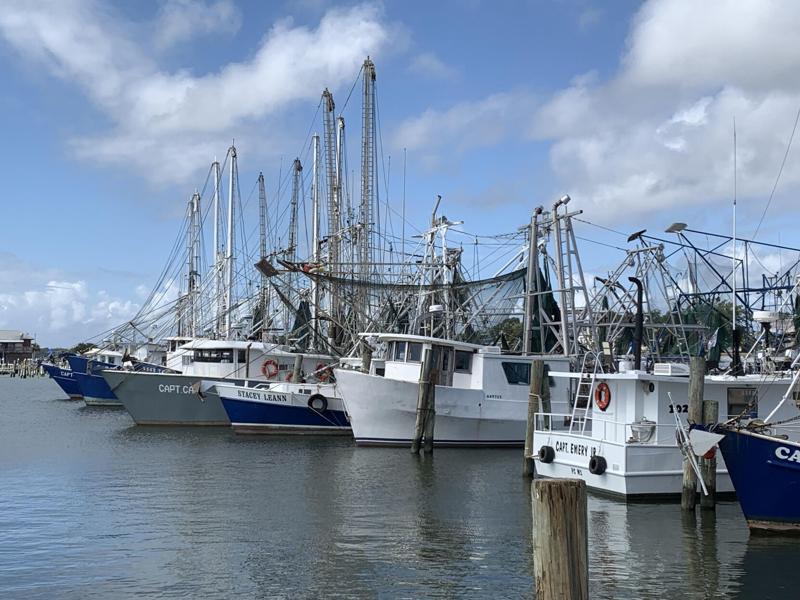When you sit down next time at your favorite seafood restaurant, ask your server where their shrimp is from.
Given that over 90% of shrimp consumed in the US is now imported, the odds that your server can say that that shrimp came straight from the Gulf of Mexico and was caught by local shrimpers is quite low.
Many restaurants, however, are falsely advertising their shrimp at alarmingly deceptive rates.
“If all the restaurants saying their shrimp is Gulf caught were being honest, then the domestic shrimping industry would not be in it’s current state,” Erin William, Chief Operations Officer for SeaD Consulting, told The Center Square.
SeaD’s latest investigation underscores the scope of the deception.
Of 44 restaurants sampled in Biloxi, Mississippi, 82% were found to be misrepresenting their shrimp. Specifically, 39% of Gulf White Shrimp served was imported, despite being marketed as local.
The issue was even more egregious with Royal Red Shrimp: 92% of the restaurants claiming to serve the FDA-name-protected Gulf Royal Red were instead serving lower-value Argentinian shrimp.
Only eight Biloxi establishments were truthfully advertising their menu items.
SeaD has been testing hundreds of restaurants across the Gulf states since they developed their rapid genetic test in collaboration with Florida State University.
The financial impact on consumers is significant. Fraudulent shrimp dishes were often priced as high as $24.95 per plate, with diners unknowingly paying premium prices for inauthentic products.
On average, customers spent $16.72 per mislabeled dish, with additional costs for gratuities, transportation and parking adding to the financial burden.
The mislabeling needs serious attention, and it’s beginning to get it.
Aside from breaking the law, mislabeling of imported shrimp as Gulf shrimp undermines the domestic market.
By law, if a Louisiana restaurant’s menu does not explicitly state the shrimp is imported, it is implied to be Gulf-caught. Federally, if a restaurant advertises when SeaD’s genetic testing reveals otherwise, those establishments are in violation.
Fraud like this not only deceives customers but also diminishes the value of genuine Gulf shrimp, which should command a premium price.
“Shrimpers can’t satisfy the whole U.S. market,” Williams said. “So it should be a premium product, and they should get a premium price.”
But if restaurants mislabel imported shrimp as Gulf-caught, it undercuts the market for genuine local shrimp. Customers are misled into believing they’re supporting domestic industries and paying for a superior product, when in reality, they’re consuming cheaper, lower-quality imports.
This deception drives down the perceived value of Gulf shrimp, and makes it even harder for shrimpers to justify the higher costs associated with sustainable, local fishing.
“If customers don’t know the difference or think they’re already buying Gulf shrimp, there’s no incentive for restaurants or distributors to pay a fair price for the real thing,” Williams said.
Over time, this not only harms shrimpers but weakens the entire supply chain, from fueling docks to grocery stores, as demand for authentic Gulf shrimp disappears.
The deception is present in every part of the supply chain − producers, manufacturers, and retailers alike.
According to SeaD, many importers from India, Ecuador or China will pump their shrimp with water and other chemicals.
So, while putting American fisherman out of business and helping support slave labor abroad, the low-quality shrimp on your plate can be doused in chemicals that are illegal in the United States. A three-for-one special.
The impacts have reverberated through the entire domestic supply chain.
“It affects the consumer, the distributor, ice plants, grocery stores, fueling docks, net makers — everyone,” Williams said, adding that the netmaking industry is “obsolete.”
“These are our friends and community, and they mean a lot to us.”







